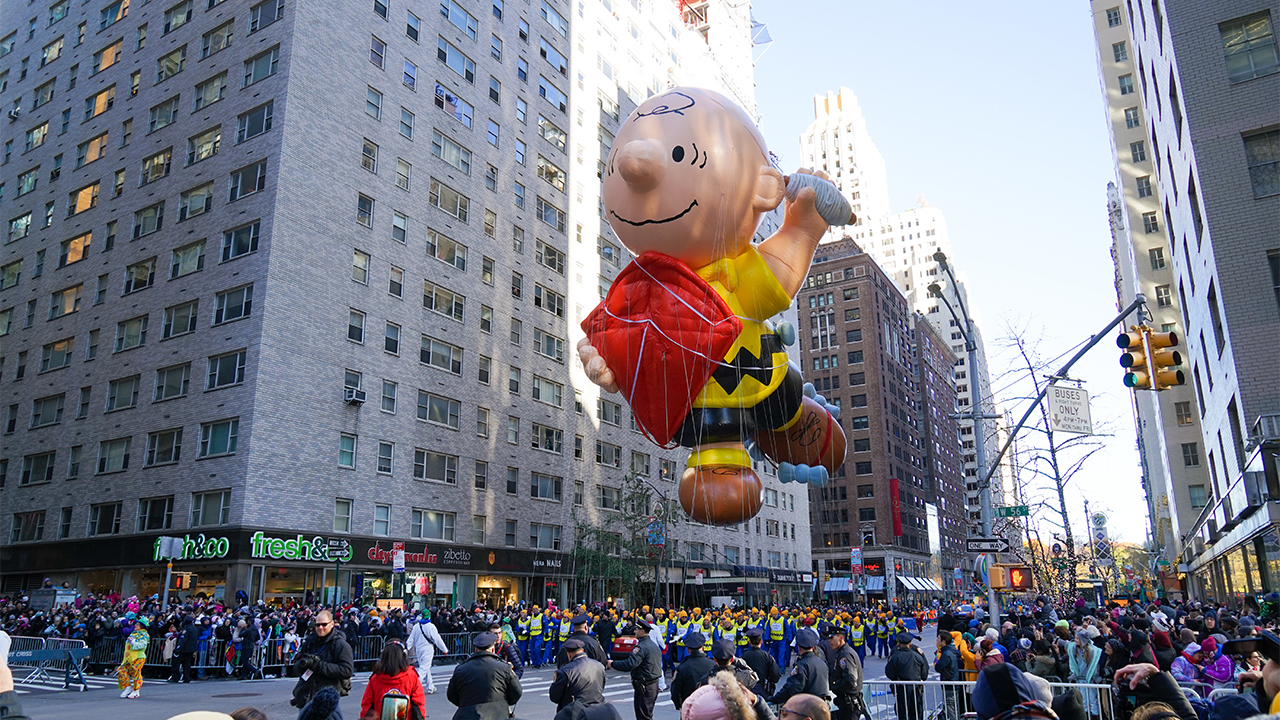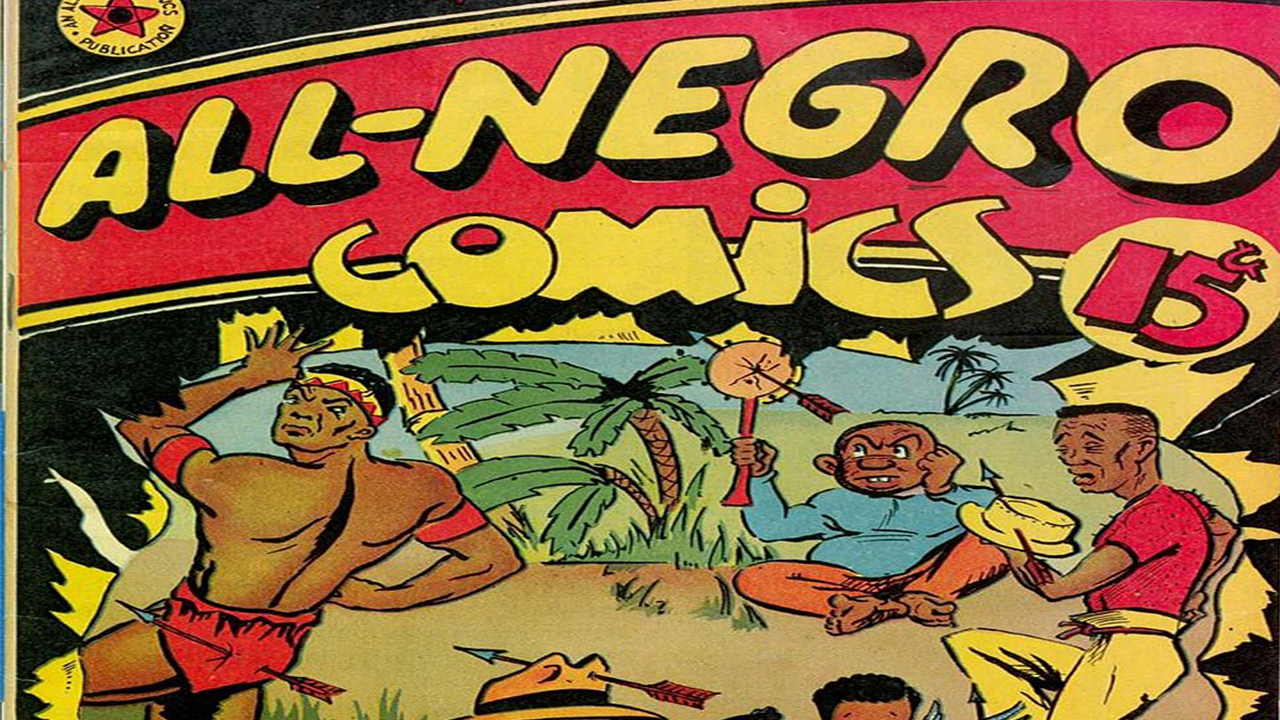Thank You, Lt. Uhura, for Your Starship Service
August 1, 2022

Nichelle Nichols, who died on July 30 at age 89, exemplified two things for me.
One involves acting, and to discuss that, it is necessary to say a little about Star Trek, the TV series on which she played Lieutenant Nyota Uhura—her best-known role. Star Trek may be unique in its mix of the modern and the premodern. As a kid, watching reruns of the show in the 1970s, I loved making fun of the acting, but I realize now that the performances were not bad, exactly—they merely reflected, in their staginess, the traditions of an earlier era; at the same time, the series helped usher in a multicultural sensibility, and in that regard, the series has not aged a day. Much of the show’s modernity rested on the shoulders of Nichelle Nichols. Precedents hold great power, and as a Black woman portraying a crew member of a starship, she gave millions of viewers something they had never seen before, a fact underscored when she helped give TV its first interracial kiss. But more than the role she played, it was the quality of her acting that really carried the day. The older I get, the more I realize that good acting calls no attention to itself. If you watch an actor and never once think about the performance—in either a good or a bad way—the actor has done her job, and done it well. That is what Nichols brought to Star Trek. While others hammed it up around her, she was real, cool, unflappable, professional. Great.
The other involves being Black, and to discuss that, it is necessary to say just a little about the story of Blacks in America. Well, mostly this: that as much as anything, it is the story of exclusion. The irony is that the harder America worked to draw the color line, the more porous the line became, exemplified by so many of the things that have come to define the nation as a whole, ranging from music to speech to the realization (to the extent that it has been realized) of the ideal of equality. Be that as it may, though, America has historically expended an unfathomable level of energy in trying to keep hidden the story of Blacks and their societal contributions, to the extent that—historically—one of us actually being seen somewhere was tantamount to a miracle. And yet these miracles occurred. Think of almost any field, and one of us, if only one, is there. Behind each miracle, of course, is a story of hard work, unsinkable determination, and maybe just a dash of luck.
Nichelle Nichols represented a miracle. In a decade that saw Black people beaten, jailed, and killed for wanting to vote, when laws effectively recognizing husbands as their wives’ bosses were still on the books in some states, what reason was there to think a Black woman would show up on TV as the equal of her White male colleagues? And yet there she was. There she is, always.








